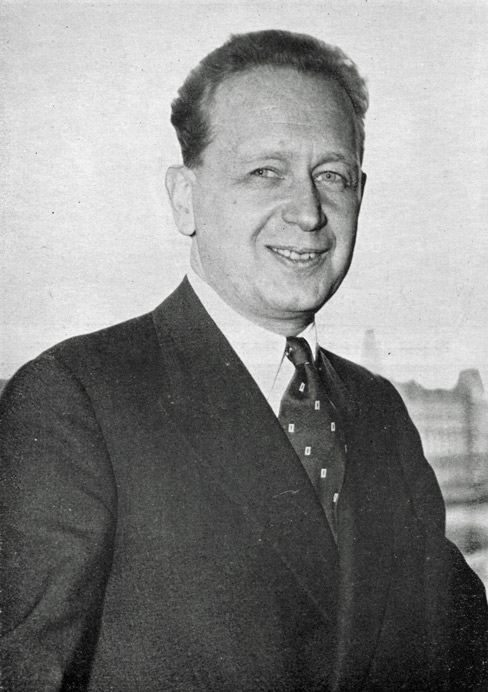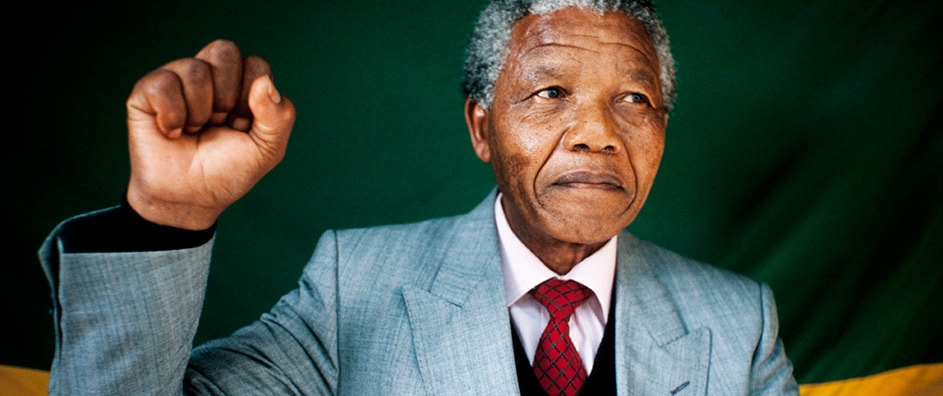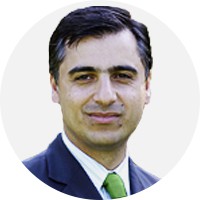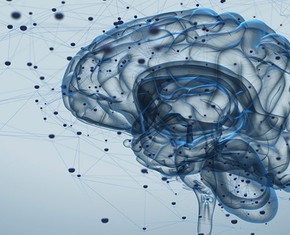The views expressed in our content reflect individual perspectives and do not represent the authoritative views of the Baha'i Faith.
The reading of history brings us to the conclusion that all truly great men, the benefactors of the human race, those who have moved men to love the right and hate the wrong and who have caused real progress, all these have been inspired by the force of the Holy Spirit. – Abdu’l-Baha, Paris Talks, p. 165.
(The following article is adapted from the keynote speech of Professor Payam Akhavan at the Opening Ceremony of the McGill University Model United Nations on 22 January 2015, in Montreal, Canada.)
In today’s world, what does it mean to be a leader?
From my own experience working as a human rights investigator at the United Nations, I’ve realized that leadership is not about VIP status. It is not about charismatic politicians and Hollywood celebrities. It is not about appearing on CNN. It is not about dominating or controlling others. It is not about accumulating obscene wealth.
Leadership is above all about empathy; the courage and compassion to feel the pain of others; the power and insight to substitute selfishness with selflessness.
If you consider the leaders that have truly inspired change in the world, those that give us hope for a better future, you will see a common ingredient. You will see that even though they lived in different historical periods, and different cultures, and faced different challenges, they all shared a common experience—suffering.

The Mahatma Gandhis, the Martin Luther Kings, the Nelson Mandelas of this world, they all suffered. They all paid a price for what they believed in. They didn’t mistake mere good words for good deeds. They weren’t enslaved to their selfish interests and comforts. They were free in spirit, willing to experience pain in the path of righteousness, and to be selfless in their fight against injustice.
In fact, they had a completely different attitude towards power. They did not lust for power. To the contrary, their power came directly from their not seeking power for its own sake. Their power came from a higher source.
How many political leaders will tell us that they want power for the sake of doing good? And how very very few actually end up doing good, as they are corrupted and forced to compromise in the treacherous road leading to power? This is the cynical world of those that are too weak to resist egotistic temptations; those that try to mask their indifference with delusional, empty words.
That conception of power, we must understand, means nothing. It is merely an illusion. True leadership, moral leadership, comes from not wanting power for power’s sake. True leadership begins with an authentic conversation with our own inner self, a sincere desire to feel the pain of others, to help those that suffer not because of reward or recognition, but because of the depth of our own conscience. To achieve greatness, we must achieve humility. To become masters of humanity, we must first become servants of humanity.
In re-imaging the world, we must also re-imagine the concept of power and personal responsibility, of leadership at the grassroots, and often against impossible odds.
Consider the heroic courage of the Mothers of the Plaza de Mayo confronting the military dictatorship in Argentina. They defied the powerful generals and protested in front of the presidential palace, demanding to know the fate of their children who had been disappeared in the so-called “Dirty War” of the 1970s. Consider the Mothers of Srebrenica that for so many years have demanded justice for the 1995 Bosnian genocide that claimed the lives of their sons and husbands. Or in my country of origin, Iran, from which as a Baha’i I have been exiled for so many years, consider the extraordinary “Mothers of Khavaran”, named after the neighborhood where their children were dumped in a mass-grave after the mass-execution of political prisoners in 1988.
These brave mothers have faced beatings and imprisonment merely for mourning their loved ones. But they have never stopped speaking out and mourning and demanding justice. Consider the power of a mother that has lost her child. What force can possibly stand in her way, as she cries for redemption of her irredeemable loss? And contrast her courage with the cowardice of those opportunists and thugs that murder the innocent, and fear the truth so much that they cannot even let a mother mourn at the grave of her child. The violence of these men flows from their weakness, from their desperate want of power, from their inability to even recognize their own humanity.
In my career, I have met many famous leaders. But those men and women that have inspired me the most, those that have shown me the power and resilience of the human spirit, those that have filled me with hope for the future of humankind, are those you have probably never heard of. They are the unsung heroes of this world, those that labor in silence and love, wanting to help others, not for fame or riches, but because of their inherent caring and compassion as human beings.
We all have a role to play. We must all shoulder our share of the burden, in struggling for a better world. The question you must ask yourself is, what do you really stand for, and what price are you willing to pay to be true to your principles, to be true to your own self?

I stand guilty of harsh criticism of those with power in this world, of the failure of leadership. So as partial redemption, I will end with the words of a world leader that dared to be different; that did not allow his eminent status to obscure his deepest beliefs and moral principles. I speak of the Swedish diplomat Dag Hammarskjöld, the UN Secretary-General from 1953 until his untimely death in 1961, in a suspicious airplane crash in the Congo.
Hammarskjöld had to navigate the cynical world of Cold War politics at the UN. He had to fight to keep his independence and integrity, not to become the tool of this or that nation’s narrow interests. It is reported that upon his death, friends discovered a prophetic poem inscribed in his family bible. The poem beautifully captured what many felt at the grievous loss of this great visionary and courageous leader. I leave you with those same words to ponder in your search for meaning and purpose:
The day you were born, everybody was happy – you cried alone. Make your life such, that in your last hour all others are weeping, and you are the only one without a tear to shed!
You May Also Like
Comments

















In his last hours thousands will be weeping, while he will not have a tear to shed as he rests in peace.
How can a single person have so much power, wisdom, insight, compassion within them? Every article, every interview is an inspiration.